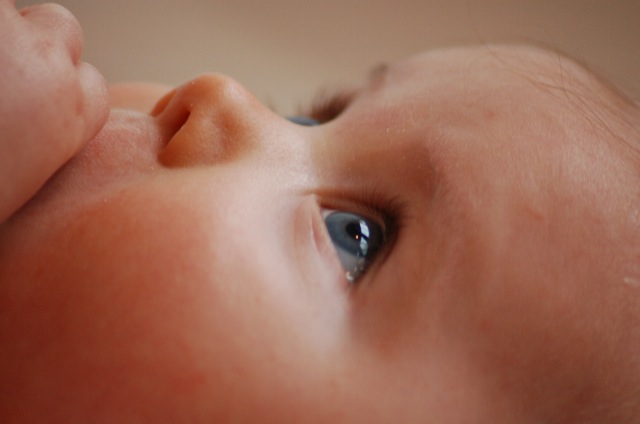Women in their 30s are having more babies than younger women

For the first time, women in their 30s are having more babies than women in their 20s in the US.
Health experts say this is because more women are waiting longer to have children as well as being a result of the ongoing drop in the teen birth rate.
For over three decades women in their late 20s had the highest birth rates, but that changed last year, according to preliminary data released on Wednesday by the Centers for Disease Control and Prevention.
The birth rate for women ages 30 to 34 was about 103 per 100,000 compared to 102 per 100,000 for women ages 25 to 29. The CDC did not release the actual numbers of deliveries for each age group.
Meanwhile, more teens are growing up with fewer of their peers getting pregnant.
“We always talk about peer pressure as a negative, but it can be a force for good,” said Bill Albert of the National Campaign to Prevent Teen and Unplanned Pregnancy.
The report also showed that the overall birth rate was slightly lower in 2016 at 62 births per 100,000 women ages 15 to 44.
Massimiliano Bratti writing on fertility postponement and labor market outcomes says, “While postponing childbearing may be an effective strategy for women to accumulate more human capital before having a child, by increasing their labor market participation and boosting their wages, it may also create an obstacle to realizing their fertility plans. While studies find that women who postpone childbearing do have a stronger labor market attachment, they also find that these women are more likely to have fewer children. Countries may want to lessen this tradeoff by investing in family-friendly policies.”
In her recently published article on the motherhood wage penalty and pronatalist policies, Olena Nizalova says, “As part of the gender pay gap, the motherhood wage penalty can represent a significant cost to being female and having children. If ignored, it may undermine policy initiatives aiming to increase fertility rates in post-socialist countries, such as the costly 'baby bonus,' which is a government payment to new parents to assist with the costs of childrearing.”